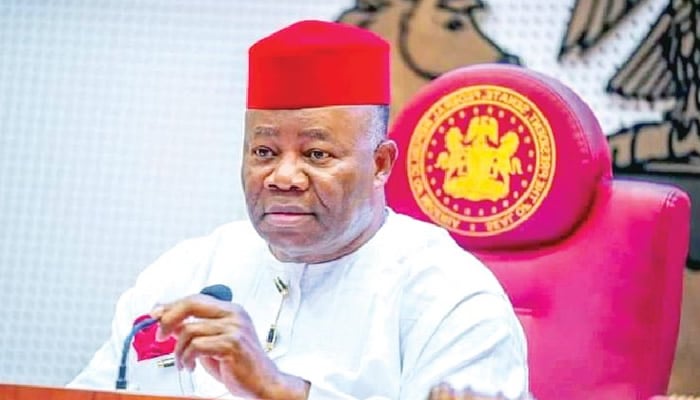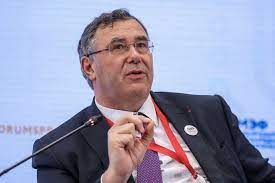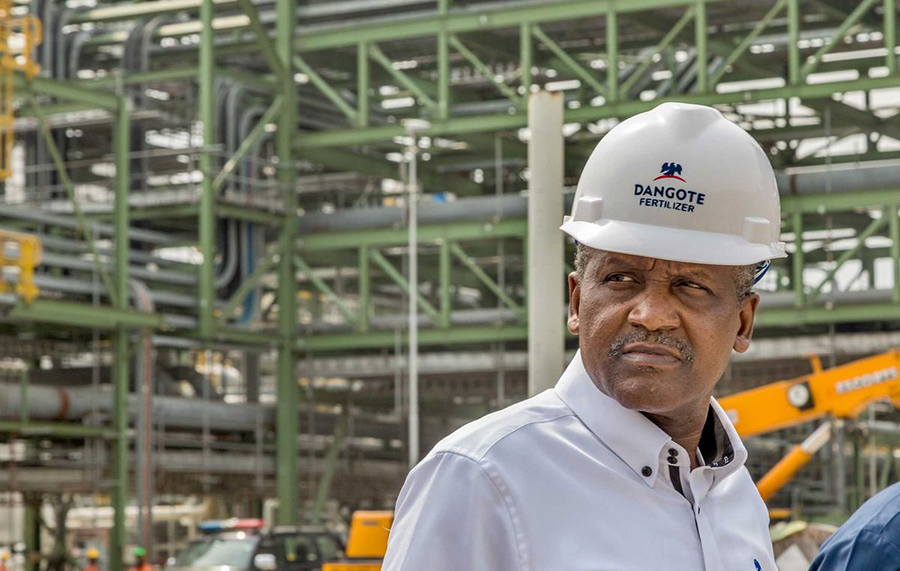By Babatunde Safiriyu
The Chief Executive & Chairman of the Board, Total Energies, Patrick Pouyanne, has said that prices could likely come back after winter time and that the current price spike isn’t sustainable.
Winter is expected to start from Tuesday, 21st of December till 20th of March 2022.
He made this disclosure at the Saudi Green Initiative Forum, recently held in Riyadh, Saudi Arabia. The forum was to discuss efforts by the world’s top oil-exporter to tackle climate change in the country.
The Energy boss stressed that the recent gas price spike had been caused by a strong demand rebound post COVID-19 and prices were likely to stabilize only after the winter period.
In his words, ‘I don’t think it (gas price hike) is sustainable. Gas prices could come back after winter time’, he added.
This position is in tandem with the World Bank’s projection which forecasts a decline in natural gas and coal prices in 2022. The report had posited that the decline was expected as demand growth eases and production and exports increase.
The TotalEnergies CEO at the discussion, bordering on energy transition and climate change pointed that a lack of investment in hydrocarbons could itself create a crisis, adding that excluding oil and gas was not the right approach to energy transition.
“Where is the right balance between the energy of the present and building the future? Yes, we need to invest more and more in decarbonised energy, but at the same time we need the people of this planet to receive reliable, affordable energy,” he submitted, adding; “If we don’t invest enough, we have crisis.”
The French company had in its reaction to the release of the Global Environmental Change’s paper pointed that it had been engaged in a profound transformation of its activities with the ambition of becoming one of the world’s top five renewable energy players by 2030 and getting to net zero carbon emissions by 2050.
It maintained that the group would continue to increase its capacity for gas, ascertaining that it remained an energy of transition. Hence, it had committed to dedicate 75% of its investment to oil and gas, 50% to oil and 25% to increase gas production.













